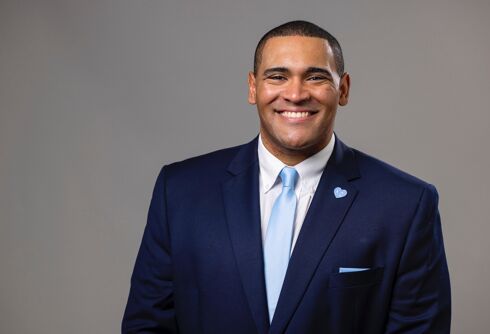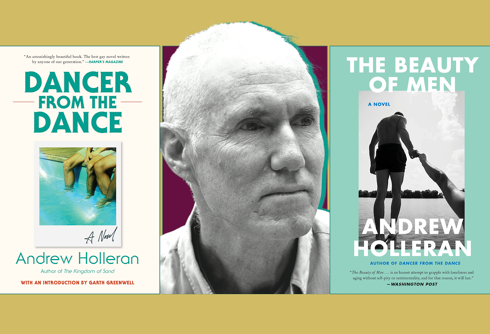A new study published in the Social Science Research Network [SSRN] found that job applicants using they/them pronouns are less likely to be hired.
The study’s author, University of Toronto Ph.D. candidate Taryn Eames, states it is “the first large-scale correspondence study focused on evaluating hiring discrimination based on pronoun disclosure.” Eames sent out 7,970 fake resumes in pairs to large and small businesses. The applications spanned 15 occupations across six U.S. cities.
Related:
A misleading study claims that transness is just a phase. Trans folks beg to differ.
The research has been distorted for political purposes.
Eames found that nonbinary pronouns on a resume reduced the positive response rate by 5.4% compared to those who did not list any pronouns. Resumes with nonbinary pronouns also saw a 3.7% reduction in positive responses compared to those with she/her or he/him pronouns. This, Eames concluded, means “an estimated 67% of discrimination against applicants disclosing ‘they/them’ pronouns is due to their nonbinary gender identity.”
Stay connected to your community
Connect with the issues and events that impact your community at home and beyond by subscribing to our newsletter.
The study also found that discrimination about doubled in Republican-dominated areas versus Democratic ones. Results, however, “are inconclusive regarding discrimination against presumed cisgender applicants who disclose pronouns,” Eames explained, adding that “if discrimination does exist, it is of lower magnitude than discrimination against nonbinary applicants who disclose pronouns.”
Eames concluded his research with a series of questions: “This study shows that there is meaningful discrimination against applicants who disclose ‘they/them’ pronouns during the hiring process. This motivates additional research which may seek to understand mechanisms and potential mitigating factors.”
“What information is conveyed to employers when applicants disclose pronouns? Does new hiring technology mitigate (or exacerbate) discrimination? How can bias, unconscious or otherwise, be combated? As more data sources begin including information about gender identity, additional investigation is possible.”
























































































































































































































































































































